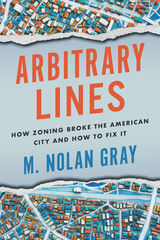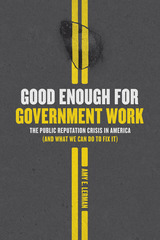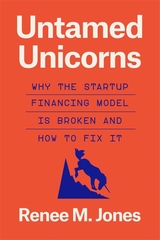
It’s time for America to move beyond zoning, argues city planner M. Nolan Gray in Arbitrary Lines: How Zoning Broke the American City and How to Fix It. With lively explanations and stories, Gray shows why zoning abolition is a necessary—if not sufficient—condition for building more affordable, vibrant, equitable, and sustainable cities.
The arbitrary lines of zoning maps across the country have come to dictate where Americans may live and work, forcing cities into a pattern of growth that is segregated and sprawling.
The good news is that it doesn’t have to be this way. Reform is in the air, with cities and states across the country critically reevaluating zoning. In cities as diverse as Minneapolis, Fayetteville, and Hartford, the key pillars of zoning are under fire, with apartment bans being scrapped, minimum lot sizes dropping, and off-street parking requirements disappearing altogether. Some American cities—including Houston, America’s fourth-largest city—already make land-use planning work without zoning.
In Arbitrary Lines, Gray lays the groundwork for this ambitious cause by clearing up common confusions and myths about how American cities regulate growth and examining the major contemporary critiques of zoning. Gray sets out some of the efforts currently underway to reform zoning and charts how land-use regulation might work in the post-zoning American city.
Despite mounting interest, no single book has pulled these threads together for a popular audience. In Arbitrary Lines, Gray fills this gap by showing how zoning has failed to address even our most basic concerns about urban growth over the past century, and how we can think about a new way of planning a more affordable, prosperous, equitable, and sustainable American city.

With Good Enough for Government Work, Lerman uses surveys, experiments, and public opinion data to argue persuasively that the reputation of government is itself an impediment to government’s ability to achieve the common good. In addition to improving its efficiency and effectiveness, government therefore has an equally critical task: countering the belief that the public sector is mired in incompetence. Lerman takes readers through the main challenges. Negative perceptions are highly resistant to change, she shows, because we tend to perceive the world in a way that confirms our negative stereotypes of government—even in the face of new information. Those who hold particularly negative perceptions also begin to “opt out” in favor of private alternatives, such as sending their children to private schools, living in gated communities, and refusing to participate in public health insurance programs. When sufficient numbers of people opt out of public services, the result can be a decline in the objective quality of public provision. In this way, citizens’ beliefs about government can quickly become a self-fulfilling prophecy, with consequences for all. Lerman concludes with practical solutions for how the government might improve its reputation and roll back current efforts to eliminate or privatize even some of the most critical public services.

The term “unicorn” for a private startup company worth $1 billion or more was coined to emphasize the rarity of such ventures. But today there are more than 1,500 of them, with a combined valuation of over $4 trillion. By remaining private, these corporate behemoths shield themselves from disclosure requirements, investor oversight, and market discipline—mechanisms designed to protect investors and the public from corporate wrongdoing. It’s no coincidence that in recent years, a number of prominent startups have been the sites of founder misconduct and fraud. This wave of startup scandals exposes significant problems with the venture capital financing model and the deregulation that helped fuel the industry’s explosive growth.
Untamed Unicorns connects the most dramatic startup scandals, including FTX, Theranos, WeWork, and Uber, to structural flaws in the startup financing model. Detailing the deregulatory reforms
implemented by Congress and the Securities and Exchange Commission over the past 40 years, it shows how these have eroded core safeguards of securities law that were first established during the New Deal era.
As Renée M. Jones makes clear, allowing unicorn companies to run wild doesn’t threaten only the sophisticated venture capitalists who finance Silicon Valley. When the largest startups go awry, the consequences are often severe for ordinary investors, employees, and the public at large. Revealing the risks inherent in the current system, Untamed Unicorns presents a roadmap for reform to restore proper boundaries between public and private securities markets.
READERS
Browse our collection.
PUBLISHERS
See BiblioVault's publisher services.
STUDENT SERVICES
Files for college accessibility offices.
UChicago Accessibility Resources
home | accessibility | search | about | contact us
BiblioVault ® 2001 - 2025
The University of Chicago Press









